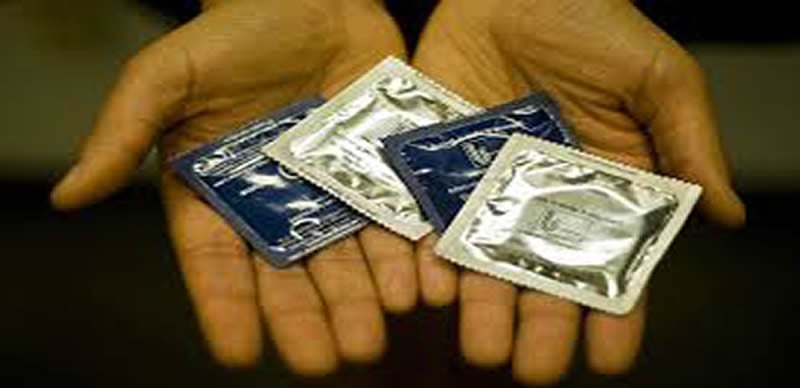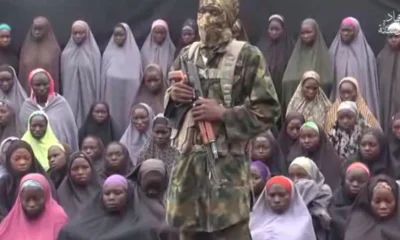News
BREAKING: Condom Distribution in Nigeria Drops by 55%, UNAIDS Warns Against Major Setback
Condom distribution in Nigeria fell by 55 per cent in the past year, UNAIDS says, warning that global HIV prevention efforts are experiencing their worst disruption in decades.

- Condom distribution in Nigeria fell by 55 per cent in the past year, UNAIDS says, warning that global HIV prevention efforts are experiencing their worst disruption in decades.

The Joint United Nations Programme on HIV/AIDS (UNAIDS) has raised alarm over a sharp decline in HIV prevention measures in Nigeria, revealing that “Nigeria recorded a 55 per cent drop in condom distribution” over the past year.
The disclosure was made on Tuesday during the launch of the agency’s 2025 World AIDS Day report titled Overcoming Disruption, Transforming the AIDS Response. UNAIDS warned that the global fight against HIV is facing its biggest setback in decades.
The report highlights widespread disruption to HIV prevention, testing, and community-led programmes worldwide. According to UNAIDS, across 13 countries, the number of people newly initiated on treatment has dropped significantly.
The agency said 450,000 women in sub-Saharan Africa have lost access to “mother mentors,” trusted community workers who help link pregnant women and new mothers to vital HIV care.
UNAIDS noted that abrupt funding cuts and worsening human rights challenges are further undermining prevention and treatment services in many countries.
Winnie Byanyima, Executive Director of UNAIDS, warned that the progress made in recent years is at risk of collapse.
“The funding crisis has exposed the fragility of the progress we fought so hard to achieve,” Byanyima said in Geneva.
“Behind every data point in this report are people. Babies missed for HIV screening, young women cut off from prevention support, and communities suddenly left without services and care. We cannot abandon them.”
The report notes that even before the latest disruptions, adolescent girls and young women remained disproportionately affected, with 570 new HIV infections recorded daily among women aged 15 to 24.
“This is our moment to choose,” Byanyima added.
“We can allow these shocks to undo decades of hard-won gains, or we can unite behind the shared vision of ending AIDS. Millions of lives depend on the choices we make today.”

UNAIDS warned that dismantled prevention programmes leave young women especially vulnerable. Community-led organisations — described as the backbone of HIV outreach — are also under strain, with over 60 per cent of women-led groups forced to suspend essential services.
Modelling by UNAIDS suggests that failure to revive prevention efforts could result in an additional 3.3 million new HIV infections between 2025 and 2030.
DON’T MISS: Customs Declares Mandatory Drug Tests for All New Recruits and Serving Officers
The organisation also highlighted alarming funding projections, noting that international health assistance could fall by 30 to 40 per cent in 2025 compared to 2023.
“The impact has been immediate and severe, especially in low- and middle-income countries highly affected by HIV,” it said.
UNAIDS urged world leaders to recommit to global solidarity, uphold human rights, invest in innovations such as affordable long-acting HIV prevention, and increase funding — particularly for countries heavily dependent on external support.
The agency stressed that restoring and strengthening community-led responses remains central to preventing new infections and sustaining progress against HIV.























